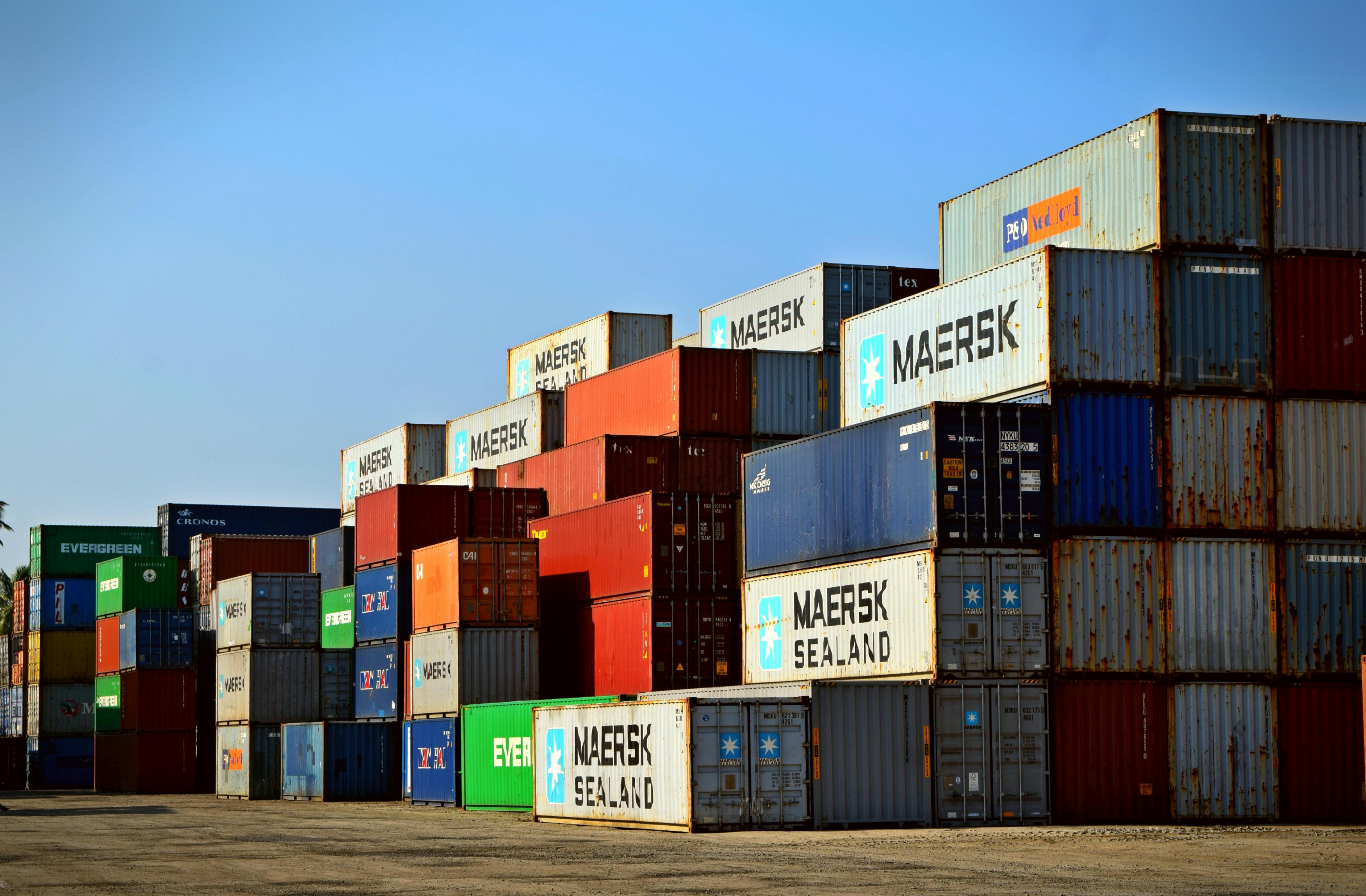
Mirai Labs Team
15 Feb, 2025
Supply Chain Optimization
A leading manufacturer of specialized components, with a complex global supply chain, faced significant challenges related to disruptions. These disruptions led to production delays, increased operational costs, and difficulties in consistently meeting customer demand. A key contributing factor was the lack of real-time visibility and predictive capabilities across their intricate supply network, hindering their ability to proactively anticipate and effectively respond to potential disruptions.
To address these issues, Mirai Labs designed and implemented a resilient and intelligent supply chain management system on a leading Cloud platform, centered around a robust data lake and leveraging the power of artificial intelligence. The foundation of this solution was the establishment of a Cloud Data Lake. This centralized repository was designed to ingest and securely store vast amounts of data originating from diverse sources across the manufacturer's supply chain. These sources included Enterprise Resource Planning (ERP) systems, supplier databases, logistics providers, and even data from Internet of Things (IoT) sensors embedded in manufacturing equipment.

This solution significantly improved demand forecasting accuracy and proactively predicted potential supply chain risks, such as supplier delays or transportation bottlenecks.
Project Manager
To facilitate efficient data processing and analysis, Mirai Labs utilized Cloud native services for data transformation and cataloging, and interactive querying of the data lake. Recognizing the critical need for predictive capabilities, Mirai Labs implemented machine learning models. These models were trained on historical supply chain data.
For real-time monitoring and proactive alerting, Mirai Labs leveraged cloud based Supply Chain services, a purpose-built service for gaining end-to-end visibility. Furthermore, to enhance responsiveness, Mirai Labs developed automated workflows. These workflows were designed to initiate pre-defined actions in response to common types of disruptions, such as automatically identifying and engaging alternative suppliers or dynamically rerouting shipments to mitigate delays.
| Cloud Service | Role in Enhancing Supply Chain Resilience |
|---|---|
| Data Lake | Storing vast amounts of supply chain data from various sources |
| Data processing and ETL | Data processing and ETL (Extract, Transform, Load) for preparing data for analysis |
| Serverless Query Service | Serverless query service for analyzing data in the data lake |
| Machine Learning Platform | Platform for building, training, and deploying machine learning models for demand forecasting and risk prediction |
| Cloud Supply Chain Application | Cloud application providing real-time visibility, insights, and recommendations for supply chain management |
| Serverless Compute Service | Serverless compute service for real-time monitoring, triggering alerts, and automating responses to supply chain events |
| Serverless Workflow Service | Serverless workflow service for orchestrating automated responses to common supply chain disruptions |